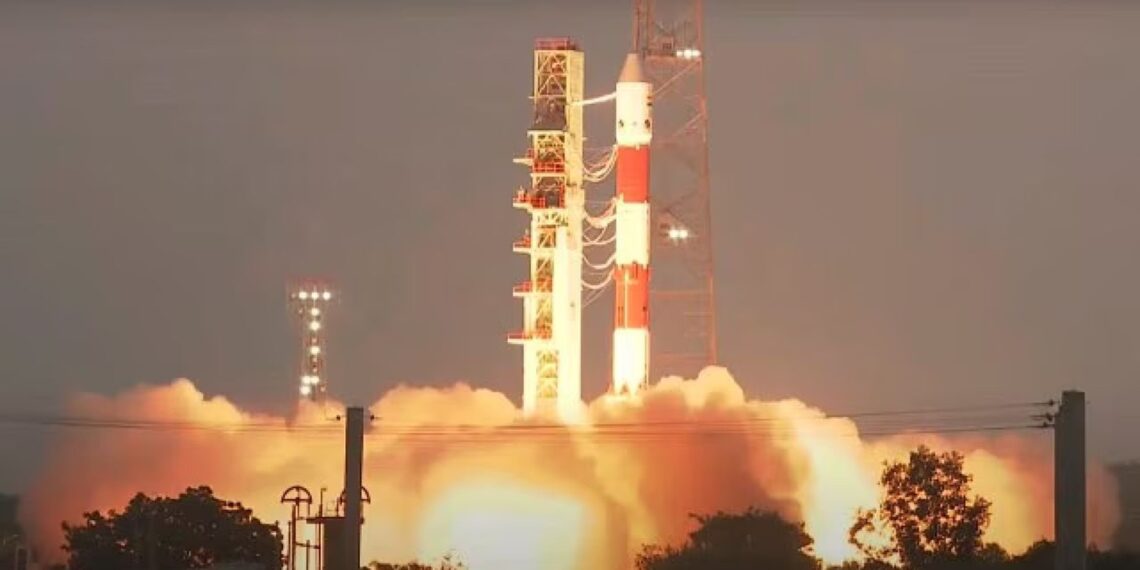New Delhi: Indian space startups have attracted cumulative investments amounting to $430 million as of March 2025, Union Minister of State for Science and Technology Dr. Jitendra Singh informed the Rajya Sabha on Friday.
The figures highlight the growing impact of space sector reforms and the increasing involvement of private players in India’s expanding space ecosystem.
In a written statement to the Upper House, Singh said the government’s decision to liberalize the space industry has led to significant private sector engagement in both commercial and scientific pursuits.
“The government has undertaken key reforms to open up the space sector. As a result, private industries are being encouraged to participate in space technology development, commercial ventures, and scientific innovation,” Singh said.
To facilitate this transition, the government established the Indian National Space Promotion and Authorisation Centre (IN-SPACe) in June 2020. Functioning as an autonomous agency under the Department of Space, IN-SPACe serves as a single-window nodal body for authorizing and promoting space activities by non-governmental entities (NGEs).
So far, IN-SPACe has facilitated the transfer of 93 technologies developed by the Indian Space Research Organisation (ISRO) to private players.
According to Singh, more than 400 NGEs have submitted over 650 proposals through the IN-SPACe digital platform, seeking assistance in areas such as mentorship, technology access, and regulatory clearances.
“These initiatives are motivating NGEs to develop cutting-edge technologies and attract substantial investment into the Indian space industry,” Singh added.
IN-SPACe’s role includes enabling private entities to build launch vehicles, manufacture satellites, offer space-based services, and access ISRO’s infrastructure and data.
In addition to developments in the domestic space sector, Singh outlined upcoming satellite missions planned up to March 2026.
Among these is the recently launched NASA-ISRO Synthetic Aperture Radar (NISAR) satellite, a landmark joint mission between India and the United States.
ALSO READ: Two from Assam held in Manipur for alleged role in inter-state cybercrime network
Other missions in the pipeline include Oceansat-3A, GSAT-7R, NVS-03, and TDS-01. Singh also detailed several upcoming international collaborations, such as the G20 Satellite Mission for Environment and Climate Observation, the LuPEX/Chandrayaan-5 lunar mission with Japan’s JAXA, and a Venus Orbiter Mission involving cooperation with Russia and Sweden.
India currently holds space cooperation agreements with 61 countries and five multilateral organizations.
The nation has participated in joint missions, hosted international payloads, built overseas ground stations, and engaged in collaborative research and data sharing.
“These engagements reflect India’s emergence as a significant global space player, with both state-led and private entities contributing to the advancement of space science and technology,” Singh said.















